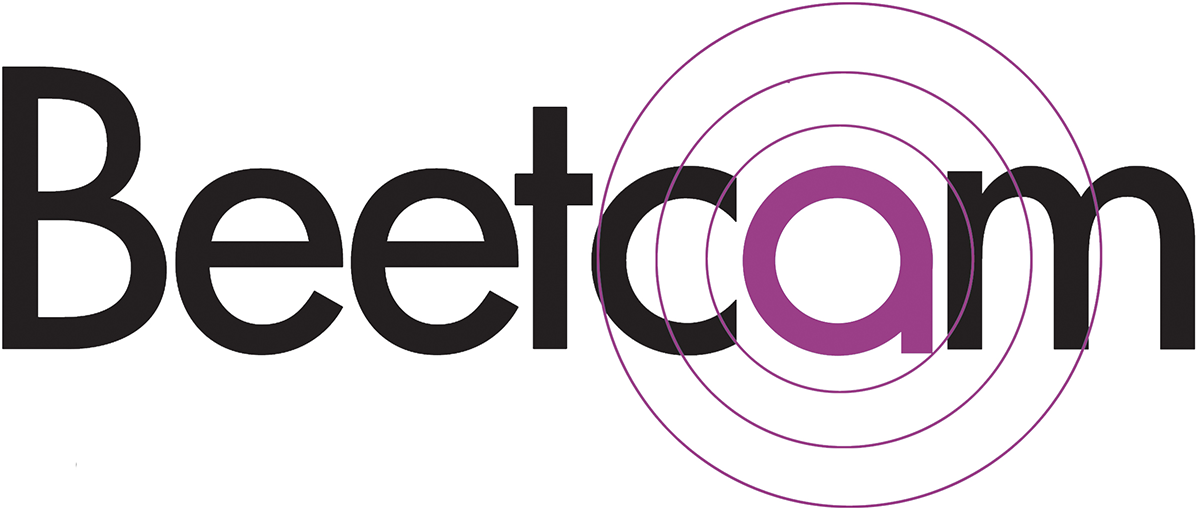VIA BEETCAM– The media industry is reimagining what it looks like going forward given the Coronavirus pandemic. In an interview via BeetCam, Ashley J. Swartz, CEO and founder of Furious Corp., discussed some of the upsides and challenges involved with shifting the industry to working from home.
There are no longer tools in the arsenal to maintain the face-to-face culture of the industry, so companies must reimagine how to connect, do business, and continue to serve brands, audiences, and consumers. Furious Corp. has successfully grown over six years having been run remotely, and Swartz believes that the first piece is building a culture around working from home.
“Our muscle memory is to work at a distance yet figure out a way to connect in a meaningful way to do good business and to foster and ultimately infuse a creative process with goodness even though we’re not sitting side by side,” Swartz says.
An upside to working from home is that there is a huge opportunity to get things done. While watercooler conversation may be sorely missed, not only can it be substituted by programs like Slack, but it can now be time used to be more productive.
“There’s an immense and incredible opportunity for productivity,” Swartz said. “There’s also an immense and incredible opportunity to sort of narrowcast the boundaries of work.”
Without commutes, or stopping to get coffee, or other routine time-sucks, there’s more time to get important work done. The toolkit that companies have today, whether it’s Slack or Zoom, also allows for greater collaboration. Swartz believes that this is especially true for one-on-one dialogue.
“I have more substantive, meaningful dialogue because I’m reaching out to them with intention,” Swartz says. “And I’m reaching out to them in such a way that it’s purpose-driven and so there’s more substance and more meaning in the communication and ultimately we get more done together as a result.”
In working with large companies, workers now have the opportunity to escape the “meeting hell”. This gives workers much more control and autonomy over what their days look like.
There are some risks involved though. Swartz worries that young workers who are new to the industry especially will not have the support that they need.
“Make sure you stay connected with those junior folks in your organization,” Swartz says. “They need support, they need guidance, they need to feel connected. They have not been equipped with a toolkit and the life experience or professional experience to go off on their own on an island and just continue to do their job every day.”
Swartz also warns that individual workers may start to feel a loss in camaraderie, identity within the organization, and an overall connectedness to a team. This is up to all stakeholders in a company to keep afloat.
“I really think that’s our shared responsibility to make sure that we maintain the excitement, the passion, the vigor about our industry, and we continue to push the agenda and innovation forward.” Swartz said.
Swartz was interviewed remotely at home via the BeetCam powered by Zoom.















































